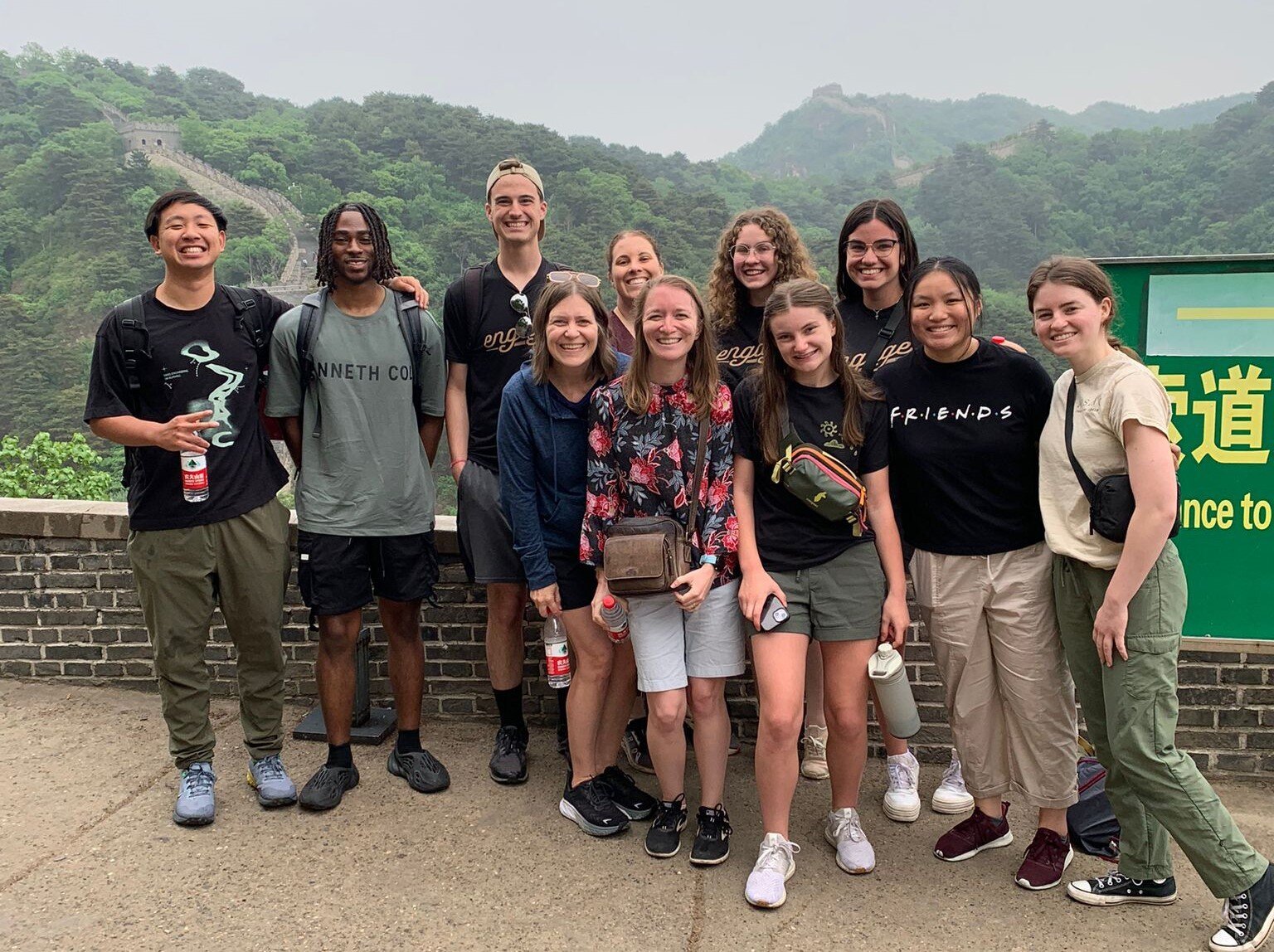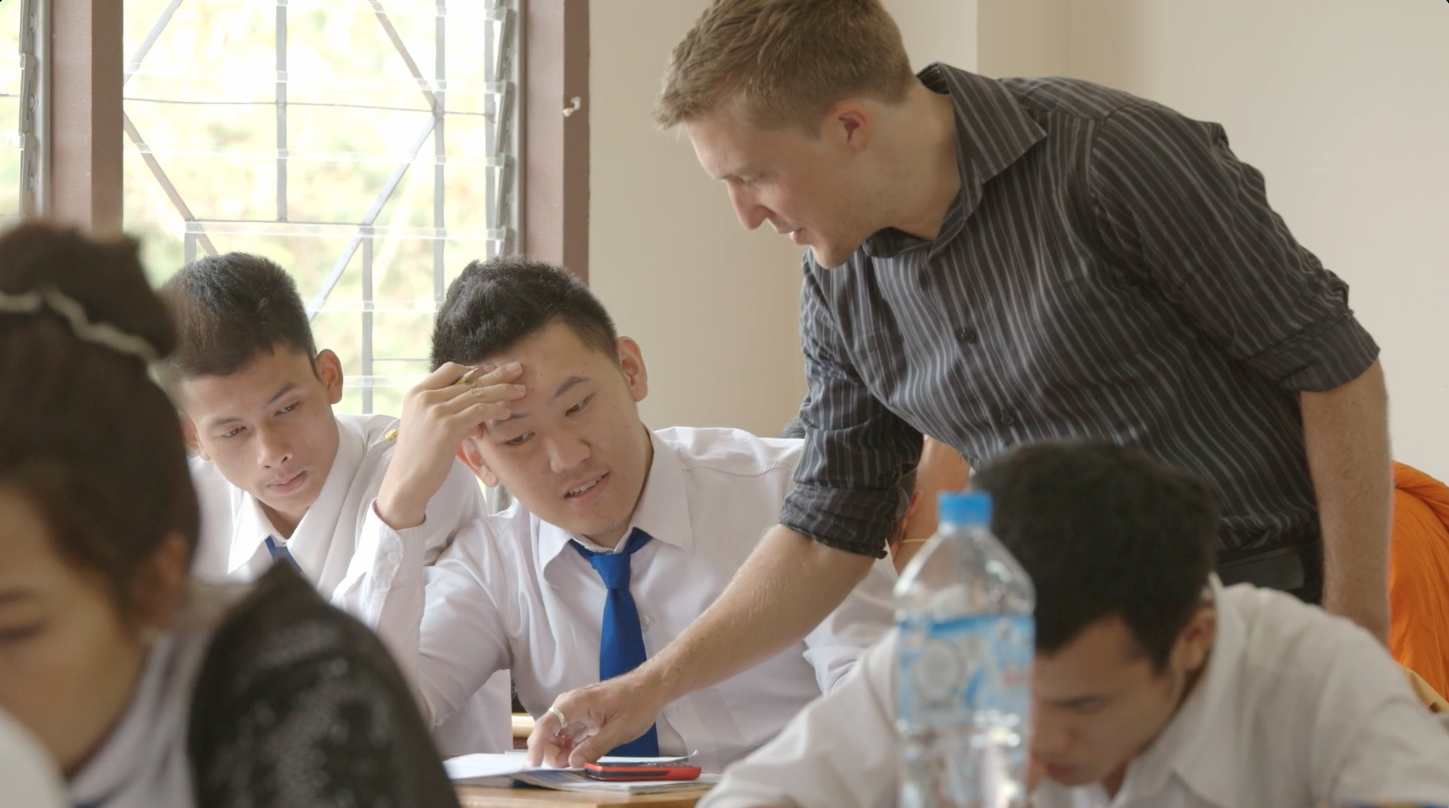Imagine pouring your heart into helping someone else. You feel fulfilled and, in a healthy way, proud of yourself. You’re happy for the person you helped… until you find out that things went right back to how they were before or maybe even got worse. You were honestly trying to help, and you wonder how this could have happened.
The terms Western savior (or Western savior complex) and voluntourism refer to specific ways that “helping” can sometimes go wrong. These labels fail to account for people's sincerely good intentions, but they do point to real issues that we should be aware of. Because of the nature of ELIC’s work, we should be especially alert. We are committed to making a genuinely helpful impact that honors and respects our local friends and partners, so it’s vitally important for us to make sure we are avoiding these unhelpful approaches and promoting responsible global engagement.
So let’s define these terms. The Western Savior concept is the idea that affluent people from wealthy Western countries have the superior knowledge and ability to swoop in and save the “helpless” communities in less wealthy countries. Meanwhile, voluntourism refers to people paying large sums of money to travel abroad, serving in less wealthy countries on short-term trips without creating a lasting impact. When organizations fall into these categories, it is usually because of a few common pitfalls:
- They are solving the wrong problem
- Their work replaces local employment
- The impact is not sustainable after the workers leave
In these next three articles, we’ll explore each of these issues and how ELIC makes a point of avoiding them. Today, we'll focus on solving the wrong problem.
The Western savior perspective assumes that because a country is wealthier, it has all the answers to solve the problems it perceives in another society. For example, this approach may try to solve wide-sweeping economic issues without the local experience or nuanced understanding of the cultural factors involved. At best, this leads to fruitless labor, and at worst, it can create an even bigger problem.
In our line of work, this could look like teaching the local language or other subjects in which we are not experts, reducing the quality of education rather than improving it. A similar mistake would be to claim that we are providing higher incomes or study abroad options rather than recognizing that we simply provide English education, and the work of our students is what moves them forward into new opportunities. They invest in growth for themselves and support for their communities. English skills can play a beautiful part in that.
ELIC is dedicated to staying in our lane. We are not trying to solve any economic challenges our host countries may face; that lies outside our skill set, and local organizations have far more context to address those issues well. Nor are we trying to alter the existing education systems—different as they may be from what we are used to.
Our teachers willingly adapt to structures and expectations that are unnatural to their Western upbringing. For example, the school schedules in many Middle Eastern countries are very flexible. Because of the cultural understanding of time, teachers may not know when their classes begin until a week ahead of the start date. They adjust appropriately to the cultural norms of their settings, like a teacher in Laos who was caught off guard by the local teaching style and worked to understand how the local context functions.
As native English speakers, we are bringing a unique skill that is in high demand. And we only go where we are invited, partnering with governments and universities as they work to provide education for their communities. Instead of solving “problems” that lie outside of our range or may just be cultural distinctions, we focus on our area of genuine expertise: teaching our native tongue in places where we are invited by local partners.
It is such a joy to play a small part in equipping our students for success! If you’d be interested in joining us, read more about the amazing places where we work.
Next week, we’ll dive into the next issue with a Western savior mindset—replacing local employment—and how ELIC addresses this concern.




